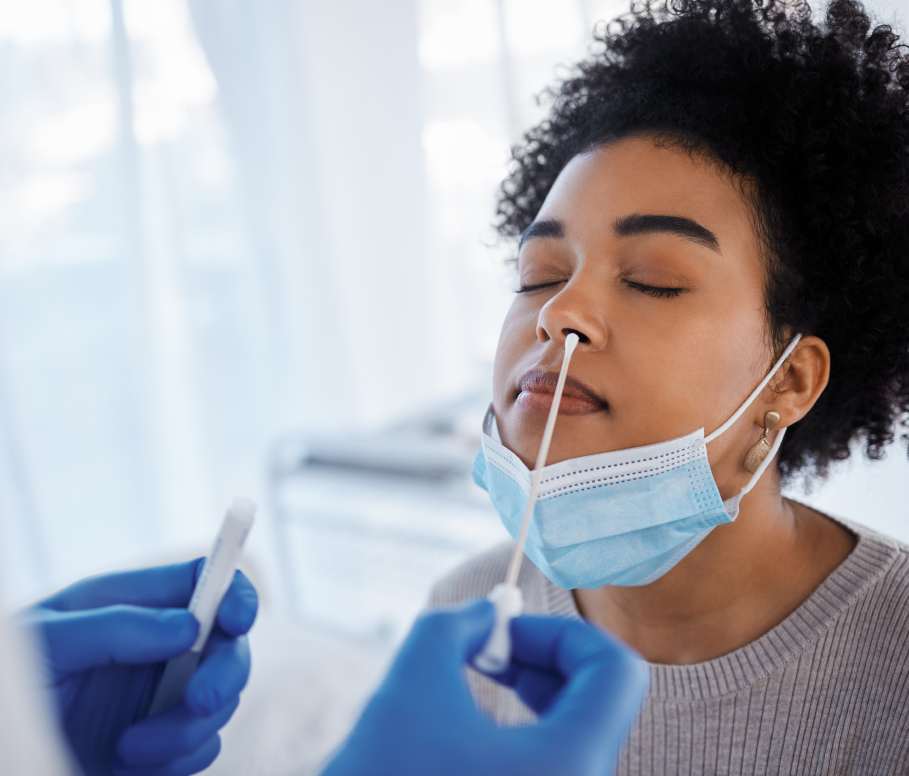The U.S. International Trade Commission conducted an investigation to help the Office of the U.S. Trade Representative consider an extension of flexibilities under the World Trade Organization (WTO) Agreement on Trade-Related Aspects of Intellectual Property Rights (TRIPS Agreement) for COVID-19 diagnostics and therapeutics. The Commission’s report highlights how IP facilitated access to COVID-19 innovation, and that demand for COVID-19 therapeutics and diagnostics has significantly dwindled as the pandemic came to an end. Indeed, there are stockpiles of treatments going unused, and large surpluses of tests available.
Here are some key takeaways:
IP was a critical driver of success for COVID-19 innovation.
IP helped provide the tools necessary to fight the COVID-19 pandemic. The Commission’s report acknowledged that “R&D collaborations involving academic, private, and public sector actors have spurred the development and commercialization of important discoveries related to COVID-19 diagnostics and therapeutics, and medical technologies more broadly.” Because innovators were supported and protected by IP, the proper framework was in place to facilitate engagement and allow innovators to build on and advance each other’s work.
Voluntary licensing, in particular, played a key role in speeding access to therapies and diagnostics.
Repeatedly, the Commission’s report makes clear that voluntary licensing was paramount for COVID-19 treatments and diagnostics. It found that “VLs provided the framework for the licensed production of COVID-19 therapeutics subject to IP protections for sale in low-income countries, lower-middle-income countries, and some upper-middle-income countries” and “have been an important mechanism that was used to offer COVID-19 therapeutics for sale at reduced prices,” the Commission reinforced. The report underscores that licensing “also provided a mechanism for technology transfer and knowledge sharing to support the manufacture and regulatory approval of less expensive licensed products.”
Circumventing IP rights puts patients at risk.
The Commission also underscored that compulsory licensing (CL) – when an innovator’s IP is used without their consent – “does not include the sharing of know-how [and] the licensees under CLs might not have the capacity to meet quality control and regulatory standards.” The Commission understands this lack of knowledge sharing as a key disadvantage, which can put patients at risk given the highly technical nature of health care products like therapeutics and diagnostics.
The World Health Organization declared that COVID-19 was no longer a public health emergency as of May 2023. It’s time the Biden Administration and other world leaders move on from the debate over intellectual property protections and instead focus efforts on supporting innovation, bolstering the IP ecosystem responsible for the technological breakthroughs, and addressing the real barriers that can stand between patients and the solutions they need.
The Commission’s final report highlights how IP facilitated access to COVID-19 innovation, and how weakening IP rights would hinder innovation and put patients in harm’s way.


